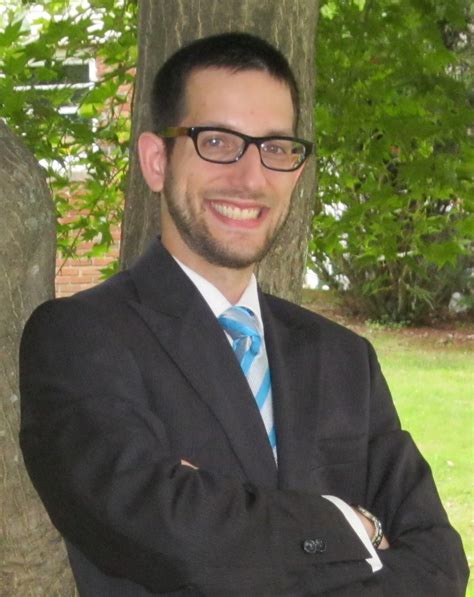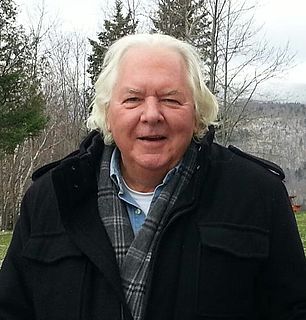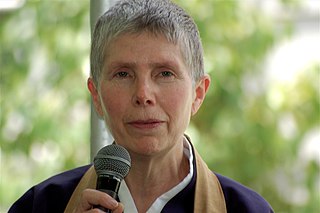A Quote by Terence McKenna
What blinds us, or what makes historical progress very difficult, is our lack of awareness of our ignorance.
Related Quotes
What blinds us, or makes historical progress very difficult, is our lack of awareness that our beliefs have grown obsolete and should be put aside.... This is I think much of the problem of the modern dilemma: Direct experience has been discounted, and in its place all kinds of belief systems have been erected.... If you believe something, you are automatically precluded from believing its opposite; which means that a degree of your human freedom has been forfeited in the act of committing yourself to this belief.
Our incredible bewilderment (wilderness separation) blinds us from seeing that our many personal and global problems primarily result from our assault of and separation from the natural creation process within and around us. Our estrangement from nature leaves us wanting,and when we want there is never enough. Our insatiable wanting is called greed. It is a major source of our destructive dependencies and violence.
Extremes are for us as though they were not, and we are not within their notice. They escape us, or we them. This is our true state; this is what makes us incapable of certain knowledge and of absolute ignorance... This is our natural condition, and yet most contrary to our inclination; we burn with desire to find solid ground and an ultimate sure foundation whereon to build a tower reaching to the Infinite. But our whole groundwork cracks, and the earth opens to abysses.
Many of our actions degrade our habitat because we undertake them in order to reach goals whose allure blinds us to myriad dire consequences. In order to fuel our complex civilizations, we are lacing our planet's atmosphere with carbon dioxide, a greenhouse gas that, if it has not already begun doing so, will soon warm the Ice Age climate to which we owe our very existence.
Anxieties about ourselves endure. If our proper study is indeed the study of humankind, then it has seemed-and still seems-to many that the study is dangerous. Perhaps we shall find out that we were not what we took ourselves to be. But if the historical development of science has indeed sometimes pricked our vanity, it has not plunged us into an abyss of immorality. Arguably, it has liberated us from misconceptions, and thereby aided us in our moral progress.
The primary function of poetry, as of all the arts, is to make us more aware of ourselves and the world around us. I do not know if such increased awareness makes us more moral or more efficient. I hope not. I think it makes us more human, and I am quite certain it makes us more difficult to deceive.
Because we lack sharp claws, aren't very fast on our feet, and aren't exactly endowed with lightning reflexes, it would be very difficult if not impossible for us to run down an animal, catch it with our bare hands, and tear through its fur and skin in order to eat it. Biologically, we are designed to be frugivorous herbivores eating mainly fruits, seeds, roots, and leaves.
Staying focused on a project or plan is one of the most difficult challenges we face. There is always the house to clean, calls to make, laundry to fold, deadlines to meet. Actually, there is only one thing that keeps us from our goals - lack of focus. And very often, lack of focus is caused by fear.
The problem is not in the food... The problem lies in the mind. It lies in our lack of awareness of the messages coming in from our body... Mindful eating helps us learn to hear what our body is telling us about hunger and satisfaction. It helps us become aware of who in the body/heart/ mind complex is hungry, and how and what is best to nourish it.





































